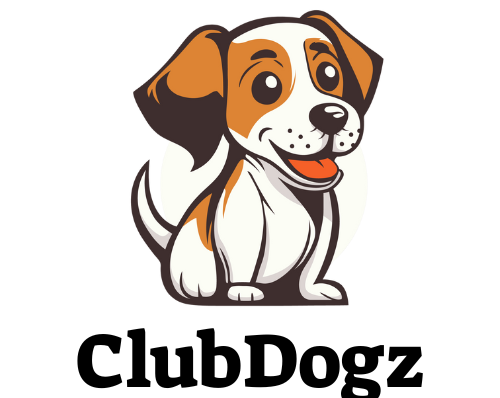Introduction to Canine Obesity
Canine obesity is a growing concern among dog owners and veterinarians alike. It is a condition that can significantly impact a dog’s quality of life and longevity. Moreover, we will dig into the concept of pet obesity, explore some alarming statistics on overweight dogs, and discuss the impact of canine obesity on dog health.
-
- Understanding the concept of pet obesity
Pet obesity is a condition where a pet, in this case, a dog, has accumulated excess body fat to the point where it can negatively affect their health. It is often measured by body condition score, which takes into account a dog’s weight, body shape, and fat distribution. A dog is considered obese when its weight is 20% or more above the ideal weight for its breed and size. [source]
-
- Statistics on overweight dogs
According to a 2018 survey by the Association for Pet Obesity Prevention, an estimated 56% of dogs in the United States are overweight or obese. That’s approximately 50 million dogs. These numbers highlight the severity of the obesity epidemic among our canine companions and underline the need for more education and action on this issue. [source]
-
- The impact of canine obesity on dog health
Canine obesity can lead to a host of health problems. Obese dogs are at a higher risk for conditions like diabetes, heart disease, arthritis, and certain types of cancer. They may also have a reduced life expectancy compared to their lean counterparts. Furthermore, the excess weight can put strain on their joints and bones, leading to discomfort and mobility issues. [source]
Moreover, we will dig deeper into the causes of canine obesity and provide practical tips for preventing and managing this condition in your furry friend.
Causes of Canine Obesity
Canine obesity is a growing concern among dog owners. The causes are multifaceted, but one of the main culprits is poor dog nutrition. Let’s dig into this topic to understand how we can prevent our furry friends from becoming overweight.
Dog Nutrition
- The role of a healthy dog diet in preventing dog weight gain: A balanced diet is crucial for maintaining a healthy weight in dogs. Foods rich in protein, fiber, and healthy fats can help keep your dog’s weight in check. Avoiding excessive treats and human food can also prevent unnecessary weight gain.
- Common diet mistakes leading to overweight dogs: Overfeeding, giving too many treats, and feeding your dog human food are common mistakes that can lead to obesity. It’s essential to feed your dog a diet specifically designed for their breed, age, and size.
- The importance of regular exercise in maintaining dog weight: Regular physical activity is as important for dogs as it is for humans. Exercise helps burn calories, build muscle, and keep your dog mentally stimulated.
- How sedentary lifestyle contributes to canine obesity: Dogs that don’t get enough exercise are more likely to become overweight. This is especially true for dogs that spend most of their time indoors.
- Steps to prevent dog weight gain: Regular exercise, a balanced diet, and regular vet check-ups are key to preventing dog weight gain. It’s also important to monitor your dog’s weight regularly and adjust their diet and exercise routine as needed.
- Monitoring your dog’s weight regularly: Regular weight checks can help you catch any weight gain early. If your dog is gaining weight, it may be time to adjust their diet or increase their exercise.
- Choosing the right food for your dog: Not all dog foods are created equal. Choose a high-quality dog food that is appropriate for your dog’s age, breed, and size. Your vet can help you choose the right food for your dog.
- Portion control in dog nutrition: Overfeeding is a common cause of dog obesity. It’s important to feed your dog the right amount of food for their size and activity level.
- Various forms of exercise suitable for dogs: Walking, running, swimming, and playing fetch are all great ways to keep your dog active. Choose activities that are appropriate for your dog’s age and health.
- How to motivate your dog for exercise: Make exercise fun for your dog by turning it into a game. You can also try different activities to see what your dog enjoys most.
- Success stories of overweight dogs becoming fit: Many dogs have successfully lost weight and become healthier through a combination of diet and exercise. These success stories can serve as inspiration for other dog owners.
- Lessons learned from failed attempts at canine weight management: Not all weight loss attempts are successful. It’s important to learn from these failures and adjust your approach as needed.
- Reiterating the importance of a healthy dog diet and regular exercise: A healthy diet and regular exercise are the cornerstones of canine weight management. It’s important to make these a regular part of your dog’s routine.
- Encouraging responsible pet ownership for dog health: As a dog owner, it’s your responsibility to ensure your dog is healthy and happy. This includes providing a balanced diet, regular exercise, and regular vet check-ups.






